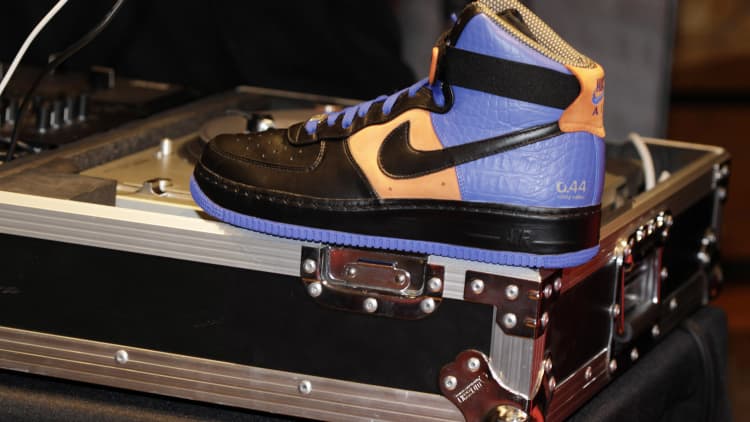More than just basketball came out of the NBA's recent season, which was held at a bubble campus in Orlando due to the Covid pandemic.
The bubble season demonstrated it's possible to prevent Covid transmission with careful planning and protocols, and the league even got emergency use authorization for a rapid saliva-based Covid test, all while the pandemic raged outside.
Now, a new study on NBA teams in the bubble has examined the effect of travel-related sleep issues and sports performance. The study revealed there's truth to the idea behind "home court advantage," according to a press release on the study: It found travel-related sleep issues like jetlag can mess with players' accuracy and performance.
And it can applyt to non-professional-athletes, too.
Researchers from Oregon Health & Science University analyzed data from 22 teams during the NBA's recent truncated season from July to October.
(Though the bubble presented the opportunity for the study, NBA players also notoriously have terrible sleep due to travel. The average NBA player flies up to 50,000 miles per season, often traversing time zones or leaving for the next destination as soon as a game ends, according to ESPN, as they normally play 82 games in less than six months.)
Researchers found the NBA teams that didn't travel had improved shooting accuracy and better rebounds compared to before the pandemic.
In other words, home court advantage — the idea that a sports team performs better when they play on their own court or field, rather than having to travel to the opposing team's city — is real.
Of course, with the NBA study, there could have been other factors besides sleep that impacted players' performance. But whether you're a basketball player or have a desk job, the findings can be applied to your daily life.
For instance, for people who have to give presentations or conduct meetings at work, "being accurate and precise could be very important," Andrew McHill, study author and occupational health scientist who specializes in sleep disturbance and circadian rhythms, said in a release.
Other studies have also found that when your body's internal clock is disrupted by travel or a chronic lack of sleep, you have a harder time focusing and are more likely to make mistakes.
Time will tell how business travel with change after the pandemic. Microsoft co-founder Bill Gates predicted that "over 50% of business travel and over 30% of days in the office will go away," during the New York Times' Dealbook conference Nov. 17.
Check out: Mark Cuban says he’ll lose ‘more than $100 million’ with NBA’s Covid-19 arena protocols
Don't miss: Here are the 5 best personal loans of December 2020



